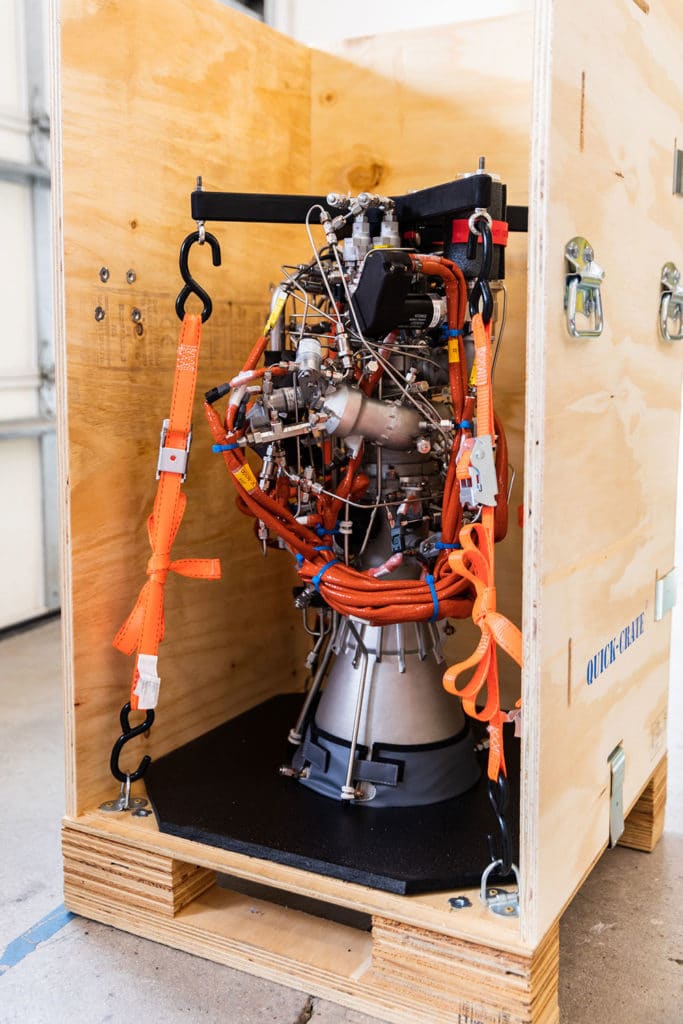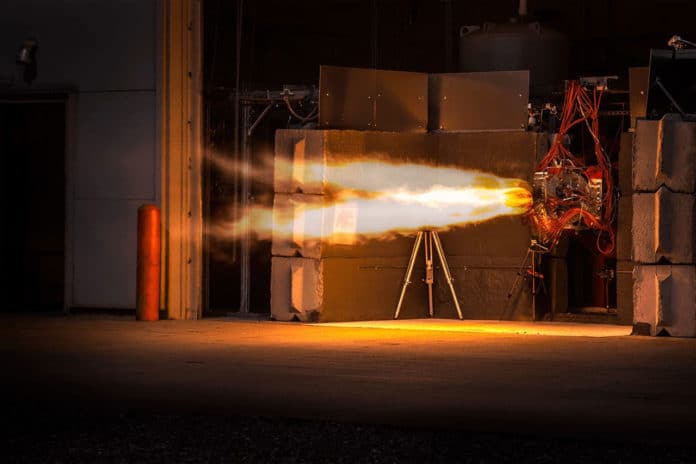Ursa Major, a Colorado-Based manufacturer of turnkey propulsion solutions for a wide range of vehicles, has announced that it has qualified Hadley, its first-ever rocket engine for both hypersonic and space launch applications. The company has already started delivering ready-to-fly Hadley engines to two customers, Phantom Space and Stratolaunch, and plans to produce a total of 30 engines this year.
The Hadley is an oxygen-rich staged combustion engine, the type of system preferred by the world’s most advanced space programs. The Hadley is relatively small compared to typical rocket engines and boasts thrusts of up to 5,000 pounds (6,800 Nm). At this level of performance, the engine is comparable to Rutherford’s Rocket Lab engine, nine of which power the first stage of Rocket Lab’s Electron rocket. This makes Hadley more affordable for a wider range of applications, including in the first stage, upper stage, and hypersonic vehicles.
It is also claimed that the engine has sufficient life to support pre-flight ground testing or static-fire testing, as well as flight, without additional modifications or inspections. In addition, the seven-degree thrust vectoring provides more control and maneuverability for typical flights and may also enable vertical landing and return-to-launch-site burns, among other capabilities.

Phantom Space will use Hadley to power its two-stage expendable rocket, which transports satellites and other space cargo into Earth orbit and beyond. It is developing its Daytona rocket as a small-lift booster, using seven Hadley engines in its first stage to lift up to 450 kg to low Earth orbit.
Stratolaunch, on the other hand, will use Hadley to power the Talon A, its reusable hypersonic testbed vehicle, which is designed to reach Mach 6, or six times the speed of sound. The hypersonic vehicle will be launched by a massive carrier aircraft called Roc, with a 385-foot (117 m) wingspan.
Ursa Major says their milestone comes amid concerns that the U.S. has fallen behind Russia and China’s hypersonics capabilities. Additionally, much of the rocket propulsion in the U.S. has previously come from Russia or Ukraine, and Russia recently announced that it would no longer sell its engines to the U.S. Building their own engines is an extra burden on space launch companies and hypersonic air vehicle manufacturers, so Ursa Major steps in with an affordable, reliable, and flexible solution.
By making flexible rocket engines that can be used for multiple purposes, Ursa Major helps customers get to launch three times faster at a low price and without the development cost of building engines in-house.
